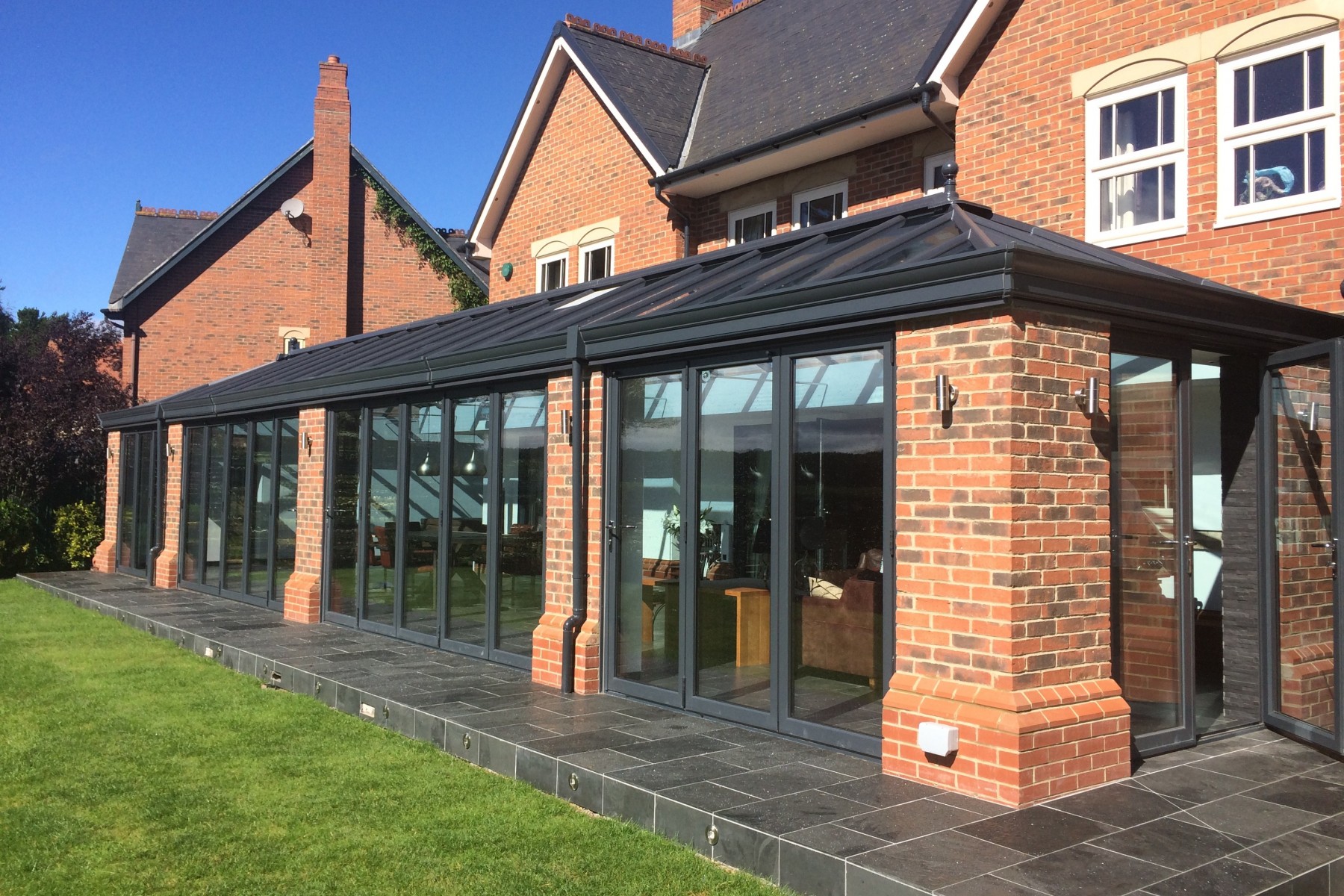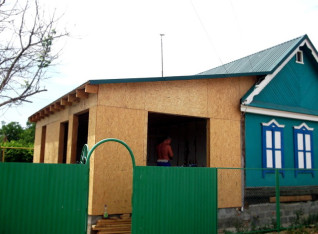Introduction
Legalization of an extension to a private or apartment building is an important legal procedure that ensures the legality of the use of additional premises. Owners who carry out construction work without the appropriate permits face the risk of fines and the need for dismantling. In this article, we will consider how to legalize an extension to a house in Ukraine, what documents are required for this, how much it costs, and what to do in case of an unauthorized extension.
How to legalize an extension to an apartment building in Ukraine
The process of legalizing an extension to a house in Ukraine includes several stages that must be completed in order to obtain an official permit for the use of the premises. Let's consider them in more detail.
Obtaining a construction permit
The first step is to obtain a building permit from local authorities. This allows you to make sure that the planned extension complies with all building regulations and rules.
Development of project documentation
It is necessary to order design documentation from a certified architect or design organization. This documentation must include all technical specifications and plans for the extension.
Approval of the project
Project documentation must be agreed with the relevant authorities: local administrations, architectural inspections and other institutions, depending on the type of extension.
Registration of ownership
After the completion of construction works, it is necessary to register the ownership of the new part of the building in the state register. This will ensure the legality of the use of the extension.
How to legalize an arbitrary extension to the house
If the extension was carried out without the appropriate permits, it is necessary to go through the procedure of legalization of the unauthorized extension. It can be a more complicated process, but it also has its steps.
Assessment of technical condition
It is necessary to carry out an assessment of the technical condition of the extension to ensure that it complies with building regulations and does not pose a threat to residents.
Development and approval of project documentation
As in the case of a new extension, it is necessary to develop design documentation and agree it with the relevant authorities.
Legalization through court
In some cases, it may be necessary to go to court to legalize an arbitrary extension. The court considers all the circumstances and makes a decision on the possibility of legalizing the extension.
Registration of ownership
After obtaining all the necessary permits and court decisions, it is necessary to register the ownership of the extension.
Legalization of an extension to a private house
The legalization of an extension to a private house has its own peculiarities. Homeowners have more freedom in making construction decisions, but still have to follow certain procedures.
Appeal to local authorities
It is necessary to submit an application to local authorities about the intention to legalize the extension. This may include filling out certain forms and submitting copies of the home ownership documents.
Project development
Ordering project documentation from a certified specialist. The project must take into account all technical and architectural requirements.
Approval and approval
Project documentation must be agreed with local authorities, which will issue a permit for the legalization of the extension.
Registration of ownership
After obtaining the permit, it is necessary to register the changes in the state register of rights to real estate.
Legalization of an extension to an apartment building
The procedure for legalizing an extension to an apartment building is more complicated, as it requires agreement with the neighbors and the building management.
Obtaining consent of co-owners
It is necessary to obtain the written consent of the co-owners of the building to carry out construction work.
Development and approval of the project
Project documentation must be developed by certified specialists and agreed with all necessary authorities.
Obtaining permits
It is necessary to obtain permission from local authorities to carry out construction work.
Registration of ownership
After completing the work and obtaining all necessary permits, it is necessary to register the ownership of the extension in the state register.
How much does it cost to legalize an extension to a house
How much does it cost to legalize an extension to a private house or apartment building? The cost depends on several factors:
Development of project documentation
The cost of developing project documentation may vary depending on the complexity of the extension and the region. It can cost from several thousand hryvnias to tens of thousands of hryvnias.
Approval of the project
The cost of approving the project with the relevant authorities also depends on the region and the complexity of the procedure.
Court costs
If it is necessary to legalize an arbitrary extension through the court, you need to take into account the costs of legal services and court fees.
Registration of ownership
The cost of registering ownership may include state fees and notary fees.
Conclusion
If you want to egalize an extension in a private house you need a good lawyer. Regardless of whether you plan to legalize a new addition or an existing unauthorized addition, following all the necessary procedures and contacting professional lawyers will help you avoid problems and ensure the success of the transaction. Contact qualified specialists, comply with the law and be sure of the legality of your real estate.

































